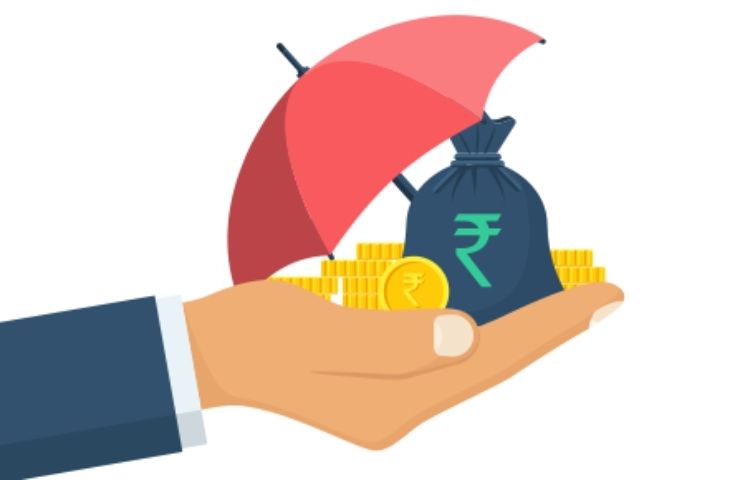Fraud and Health Insurance Claims – Here’s What You Need to Know
Fraud and Health Insurance Claims – Here’s What You Need to Know

To define the word ‘insurance fraud’, Insurance Regulatory and Development Authority (IRDA) quoted International Association of Insurance Supervisors’ (IAIS) definition, “an act or omission intended to gain dishonest or unlawful advantage for a party committing the fraud or for other related parties."
Healthinsurance is a form of insurance that pays for medical expenses. If you are covered under health insurance, you pay some amount of premium every year to an insurance company and if you have an accident or if you have to undergo an operation or a surgery, the insurance company will pay for the medical expenses. With health insurance policies providing a world of benefits to people, fraudulent claims are on the rise. Frauds can be committed by anybody. It can be committed by a policyholder, a health insurance company or even its employees. Frauds committed by a policyholder could consist of members that are not eligible, concealment of age, concealment of pre-existing diseases, failure to report any vital information, providing false information regarding self or any other family member, failure in disclosing previously settled or rejected claims, frauds in physician’s prescriptions, false documents, false bills, exaggerated claims, etc.
Types of Fraud
As per IRDA, insurance fraud can be of the following types:
• Policyholder Fraud and/or Claims Fraud:
A fraud that takes place against the insurer during the purchase and/or execution of a policy. This also includes fraud at the time of making a claim.
• Internal Fraud:
When anemployee of the insurance company commits a fraud against an insurer.
• Intermediary Fraud:
When the intermediary commits a fraud against the insurer or the insured
Frauds related to claims
Few common frauds committed by policyholders include:
• Not disclosing pre-existing condition:
Most individual health policies have a two to three year waiting period for pre-existing conditions/ pre-existing diseases. A policyholder can hide that fact by manipulating the results of the pre-policy health check-up.
• Submitting fake documents:
Insurance companies give preference to young and healthy people. An application from an elderly person may not be rejected, but the premium charged from them will be higher. In this case, people might submit false documents to hide their age or recurring ailments.
• False bills:
The aim of health insurance is to cover the medical expenses incurred during illness or surgery. It is not purchased with a view to make profits. Hence, when a person submits forged bills, when no expenses have been incurred, or inflated bills, the action qualifies as fraudulent.
• Buying multiple policies:
If a person has more than one individual health policies or a group policy and an individual policy, he/she must has to disclose it to all the insurers. This is to prevent an individual from making multiple claims and ending up making a profit.
• Fake accident:
A customer might fake an accident in order to claim compensation for medical bills and hospital bills.
Conclusion
Frauds by health insurance companies or its employees include preparation of bogus claims by fake physicians, billing for products or services not rendered, exaggerated claims submission, billing prepared for higher level of services, modifications or alterations made in submission of health insurance claims , change in diagnosis of the patient, fake documentation, and fraud committed by the employees of a hospital or any other healthcare product or service provider in order to make a quick buck. Fraudulent and dishonest health insurance claims are a major morale and moral hazard not only for the health insurance industry but even for the entire nation’s economy. Concrete proof as evidence including documentation, statements made by the policyholder and his family members and even neighbors are taken into consideration.
Disclaimer: The above information is for illustrative purpose only. For more details, please refer to policy wordings and prospectus before concluding the sales.
RELATED ARTICLES
Cashless Claim Vs Reimbursement Claim in Health Insurance: All You Need to Know
Can Medical Insurance be Claimed without Hospitalization?
Was Your Health Insurance Claim Denied? Here’s What You Should Know










 Car Insurance
Car Insurance  Bike/Two Wheeler Insurance
Bike/Two Wheeler Insurance  Health Insurance
Health Insurance  Pet Insurance
Pet Insurance
 Travel Insurance
Travel Insurance  Home Insurance
Home Insurance  Cyber Insurance
Cyber Insurance  Third Party Vehicle Ins.
Third Party Vehicle Ins.  Tractor Insurance
Tractor Insurance  Goods Carrying Vehicle Ins.
Goods Carrying Vehicle Ins.  Passenger Carrying Vehicle Ins.
Passenger Carrying Vehicle Ins.  Compulsory Personal Accident Insurance
Compulsory Personal Accident Insurance  Travel Insurance
Travel Insurance  Rural
Rural  Critical illness Insurance
Critical illness Insurance 











